
In addition to examining tactics to disrupt pirate supply chains (by targeting app developers who provide tools to access infringing content, for example), the IPO underlined its support for site-blocking currently in place in the UK. However, to make things easier for copyright holders, the IPO is considering an administrative process that would enable blocking without need for a court injunction.
“Consider the evidence for and potential impact of administrative site blocking (as opposed to requiring a High Court injunction in every case), as well as identifying the mechanisms through which administrative site blocking could be introduced,” the IPO’s statement reads.
While there are plenty of people opposed to site-blocking in any form, the UK is already at the point of no return. So, with the support of the EU’s highest court, site-blocking isn’t going into reverse but caution should certainly prevail over where it goes next.
One of the biggest problems is a serious lack of transparency. While initial court orders have been made available over the years, new sites are added to the UK’s national blacklist without fanfare or announcements from rightsholders. This means that UK citizens are often left wondering why some sites are accessible and why others are not.
Currently, some ISPs in the UK display a splash page indicating that a site has been banned following an order from the High Court. However, for reasons that aren’t always clear, some sites just refuse to load, displaying SSL errors instead and leaving Internet users to try and connect the dots. It doesn’t always go well.
Sometime last Saturday afternoon, around the time that the Premier League begins its usual site-blocking action in the UK, TorrentFreak received messages that sites dedicated to providing proxy access to streaming and torrent platforms were being rendered inaccessible in the UK.
A site operator asked us whether his domain may have been targeted in the sweep. So, in the absence of any transparency, we answered truthfully – we have no idea. He noted that no matter what IP address he switched to, his site was almost immediately blocked. Even when Cloudflare IP addresses were deployed, those were banned too.
“I tried to switch Cloudflare accounts to get a new IP address but Cloudflare gives an error ‘this zone is banned’ when trying to add it. So it looks like they have restricted my domains to one Cloudflare account,” he explained.
“I then moved to the CDN DDoS-Guard and that IP got banned instantly. For a last effort I installed a VPN on the server so I could switch IPs instantly from a pool of thousands. But they just block them within minutes.”
While this seems to fit some of the techniques used by the Premier League, the problems didn’t go away when the matches finished, which is a requirement of the High Court injunction.
On Monday, long after the games were over, users were still reporting that several unblocking sites (including unblocked.lol, unblocked.wtf, unblocked.ms, proxybunker.xyz, unblocker.cc, unblockall.org, unblocker.win, and unblocked.tw) were inaccessible, with ISPs TalkTalk and BT highlighted more than most.
At least one of the sites lsted above attempted to change to a new IP address on Monday yet within minutes, it became blocked again. Another proxy, unblocked.gdn, also reported seeing UK ISPs blocking the site on the same day. That site was previously ordered blocked by the court (albeit under a different domain name) but this time around the platform’s Cloudflare IP addresses were reportedly targeted too.
One of the sites speaking to TF indicated that when using a TalkTalk connection, every site using the same Cloudflare IP address as his site – more than 160 – was being blocked by the ISP Tuesday. TF looked over the domains and only a handful appeared to be connected to piracy, which sowed further confusion.
Then, later that morning, a report in ISPReview indicated that TalkTalk might have been suffering from “DNS issues”.
“In the past [DNS] systems were fairly simple, although today ISPs are required to do all sorts of complicated filtering (blocking / censorship) of website content and sometimes things do go wrong,” the publication reported.
While a DNS ‘bug’ might go some way to explaining at least some of the issues experienced by TalkTalk users, our multiple contacts remained skeptical that this could explain all the strange blocking events over the previous few days. Something didn’t add up.
The mainstream will probably lack sympathy with those trying and failing to access or run unblocking sites and those in a similar niche, but there can be little doubt the events of the past few days show that, more than ever, there needs to be transparency when ISPs begin meddling with customers’ Internet connections.
Currently, there is almost zero transparency. Trying to get information on which sites have been added to court orders is almost impossible and the Premier League blocks, which are the most recent and aggressive, are shrouded in complete secrecy. Worst still, the ISPs – many of whom are happily cooperating with the football league – have a vested interest in keeping everyone in the dark.
That brings us to the issue of administrative blocks, that can supposedly order ISPs to render sites inaccessible without rightsholders ever having to go near a courtroom. What could possibly go wrong?
As mentioned earlier, it’s too late to put the site-blocking genie back in the bottle. However, what should be demanded is a transparent process. If sites are to be blocked, that will probably have to be accepted, but commercial interests shouldn’t be in a position to censor the Internet in the UK without being held to account when things go wrong.
One of our sources, who has been battling blocks since the weekend, sincerely believes that his recent issues are the result of an error, an over-blocking mistake that was only put right when users complained about ‘legitimate’ sites like Imgur being blocked too.
Of course, we’ll probably never know for sure, but a more transparent system should be a must if the government is to seriously consider allowing rightsholders and ISPs (and companies that are now both – Sky, Virgin, and BT, for example) to get together to censor the Internet.
After all, if blocking is as effective as entertainment companies claim, publishing what they’re doing shouldn’t be any problem whatsoever.
Source: TF, for the latest info on copyright, file-sharing, torrent sites and more. We also have VPN reviews, discounts, offers and coupons.

 Earlier this year there was a massive uproar, bordering on
Earlier this year there was a massive uproar, bordering on 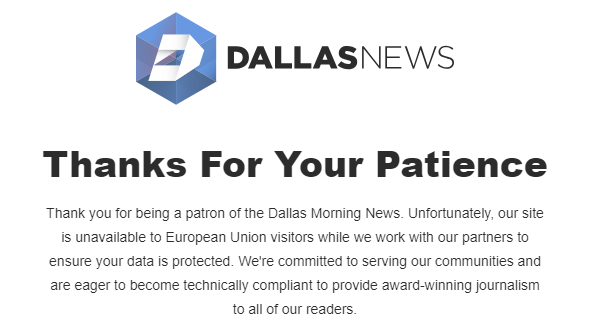
 Over the years we have covered dozens of piracy-related lawsuits, mostly from US courts. In many of these cases, defendants are foreign sites or services which don’t put up much of a fight.
Over the years we have covered dozens of piracy-related lawsuits, mostly from US courts. In many of these cases, defendants are foreign sites or services which don’t put up much of a fight. 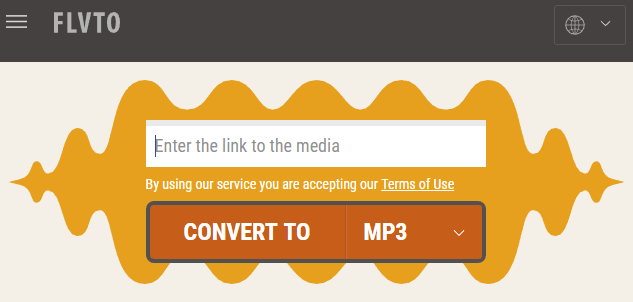


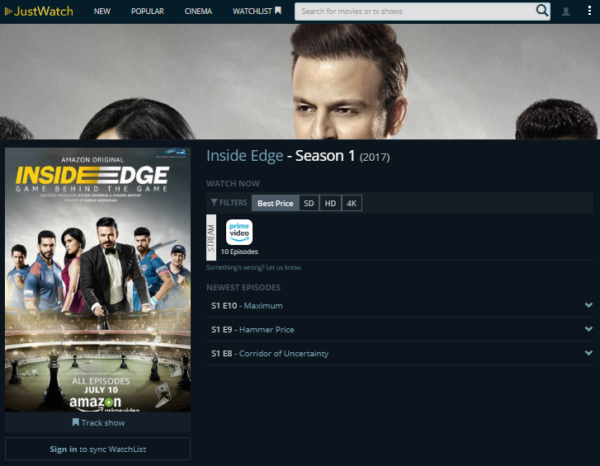
 There are a lot of things people are not allowed to do under US copyright law, but perhaps just as importantly there are exemptions.
There are a lot of things people are not allowed to do under US copyright law, but perhaps just as importantly there are exemptions.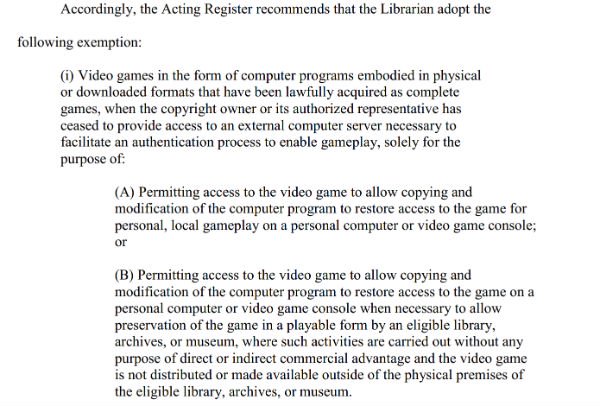
 Last year, American satellite and broadcast provider Dish Network targeted two well-known players in the third-party Kodi add-on ecosystem.
Last year, American satellite and broadcast provider Dish Network targeted two well-known players in the third-party Kodi add-on ecosystem.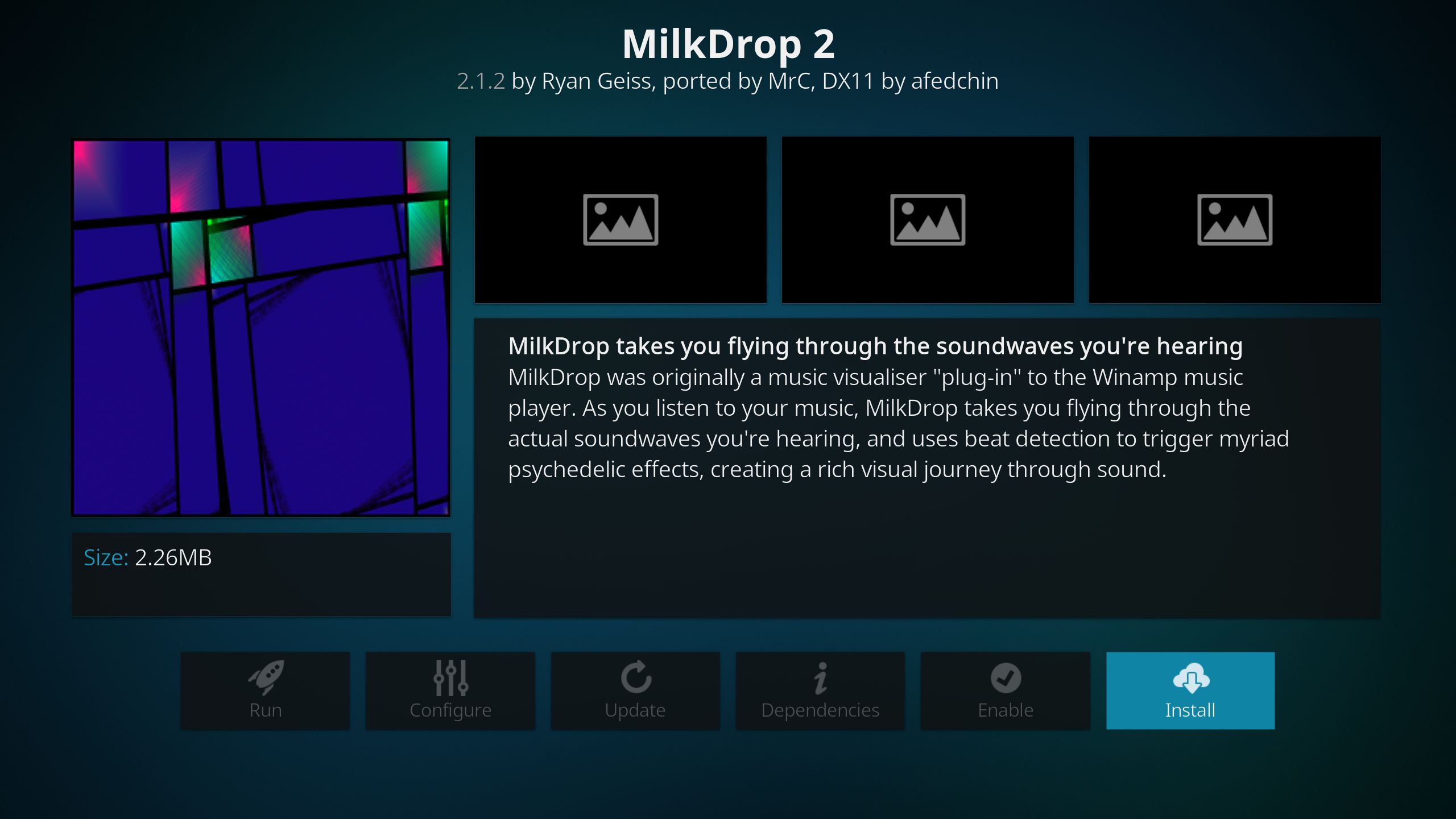
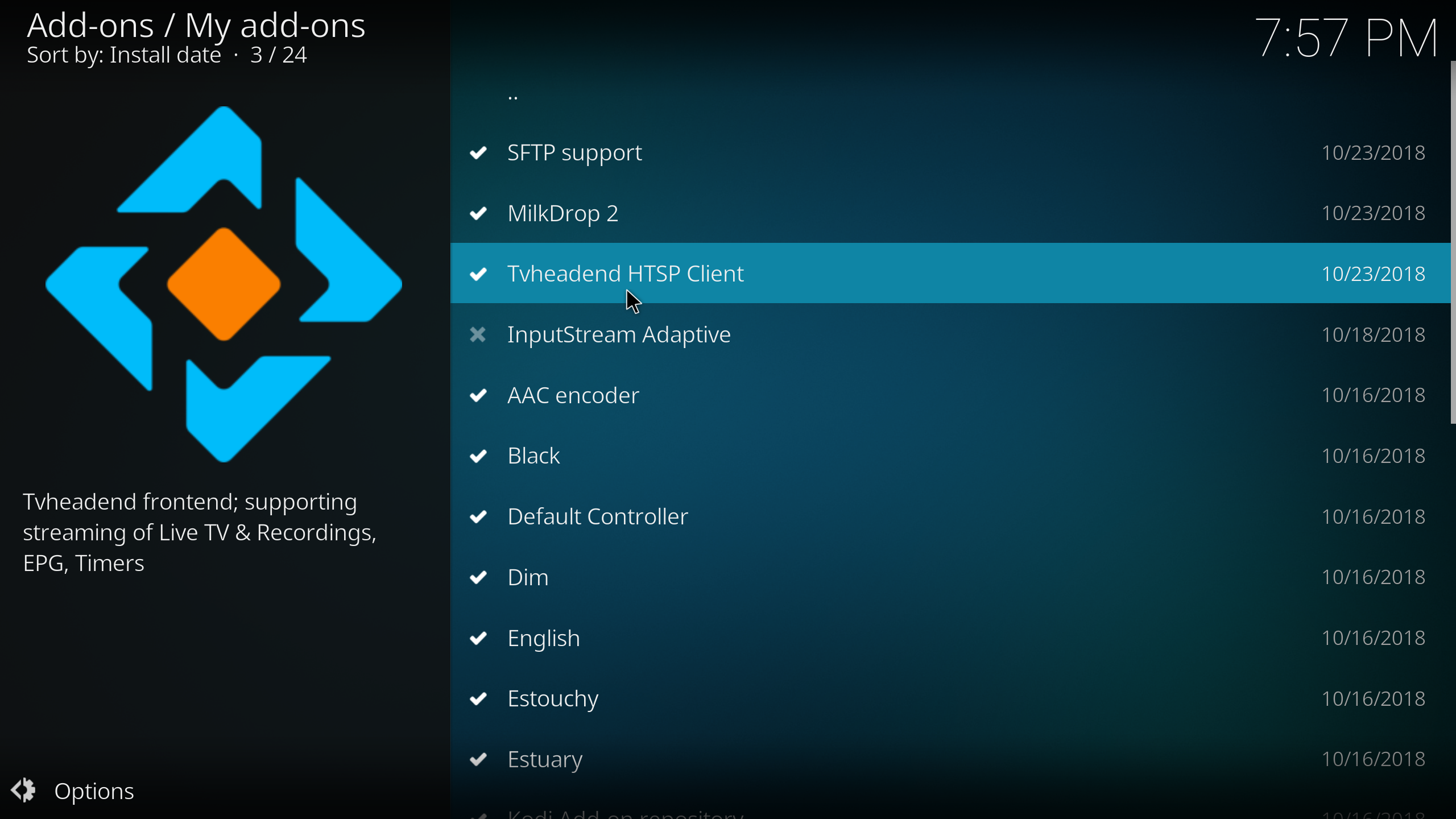


 There are several reasons for that:
There are several reasons for that:

